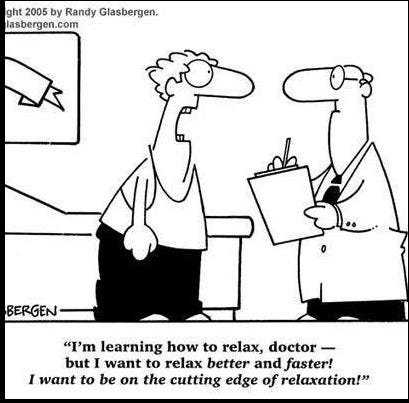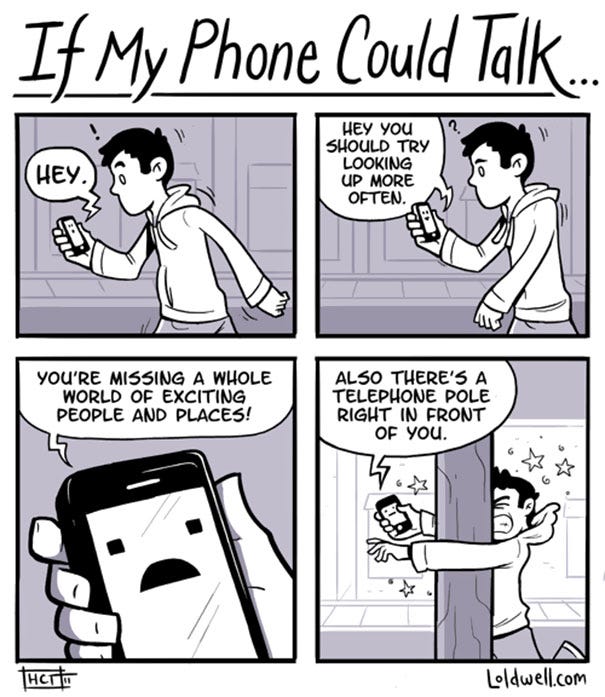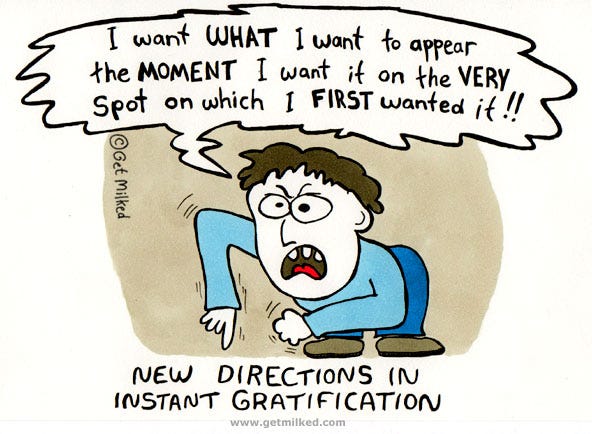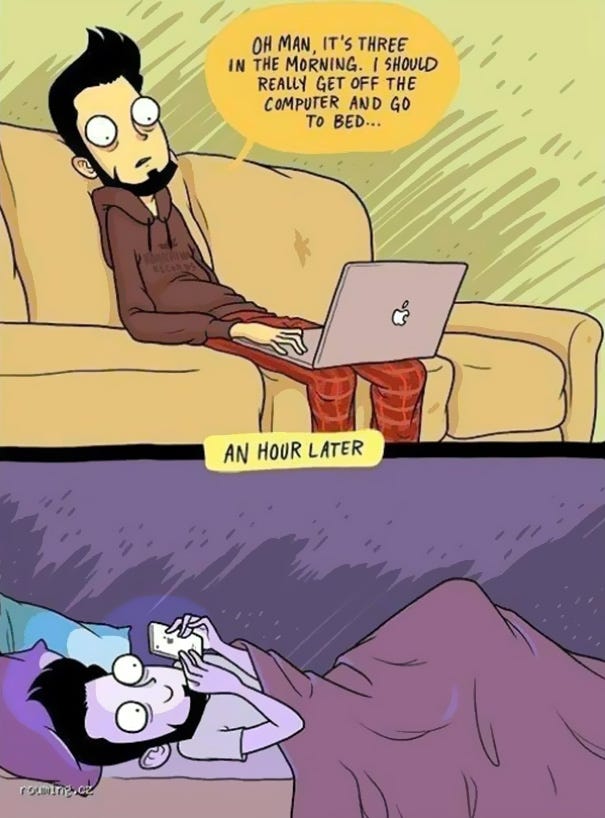
The Internet essentially promises two things: instant gratification and an endless, varied, hyper-stimulating buffet of entertainment and information options. If you don’t like one thing within the first five seconds, you (can) jump to something else. The Internet, it turns out, incentivises the exact types of behavior and thought processes that characterises ADHD (Attention Deficit Hyperactivity Disorder).
Our attention spans have greatly reduced. We can hardly give undivided attention to anything.
3 Proven Ways Smartphones And Screen Time Are Harming Children’s Health
The most distur Similarly is that most people hardly listen at all these days. They are always distracted by their phone or their thoughts. Most people have attention span of less than a few minutes.
We should at least be capable of giving undivided attention to the presence of another human being and to real human conversations.
5. Context Switching-
Constant stimulation of the dopamine system can be exhausting. And the constant switching of attention makes it hard to get anything accomplished.
For instance, say you were working on an important document and you got interrupted by a notification from a colleague about something else that needed your attention so you shifted to that. Next, you got a message from a friend so you decided to spend a few minutes chatting about something.
While it seems like a nice feeling to be anywhere and everywhere, this kind of frequent context switching is bad as there is a cost associated with every notification that you mindlessly respond to.
That’s because there are different areas of our brain that are activated in response to the notification depending on what the response to that notification demands from us. This causes you to spend a lot more mental energy than required.





 1. DdrshGZFLhs94B5TfheQ.jpeg" src="https://cdn-images-1.medium.com/max/800/1*j8WdrshGZFLhs94B5TfheQ.jpeg" />
1. DdrshGZFLhs94B5TfheQ.jpeg" src="https://cdn-images-1.medium.com/max/800/1*j8WdrshGZFLhs94B5TfheQ.jpeg" />


